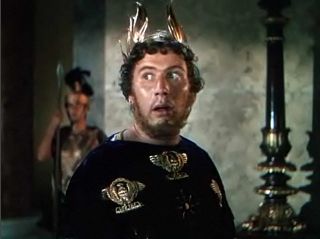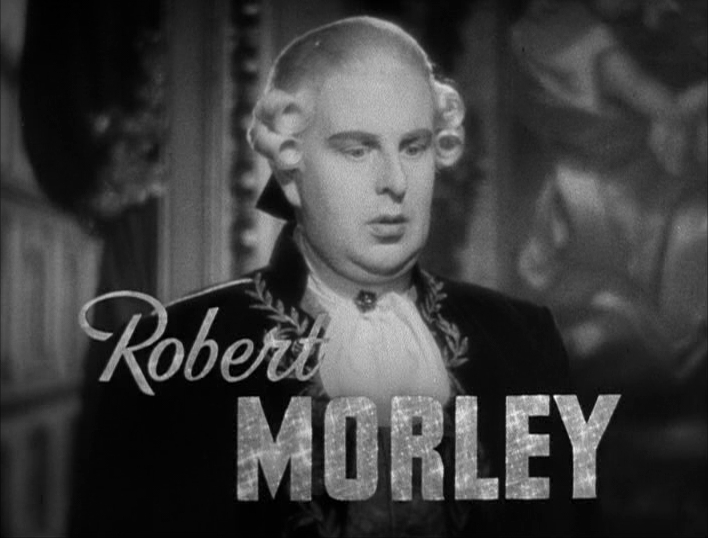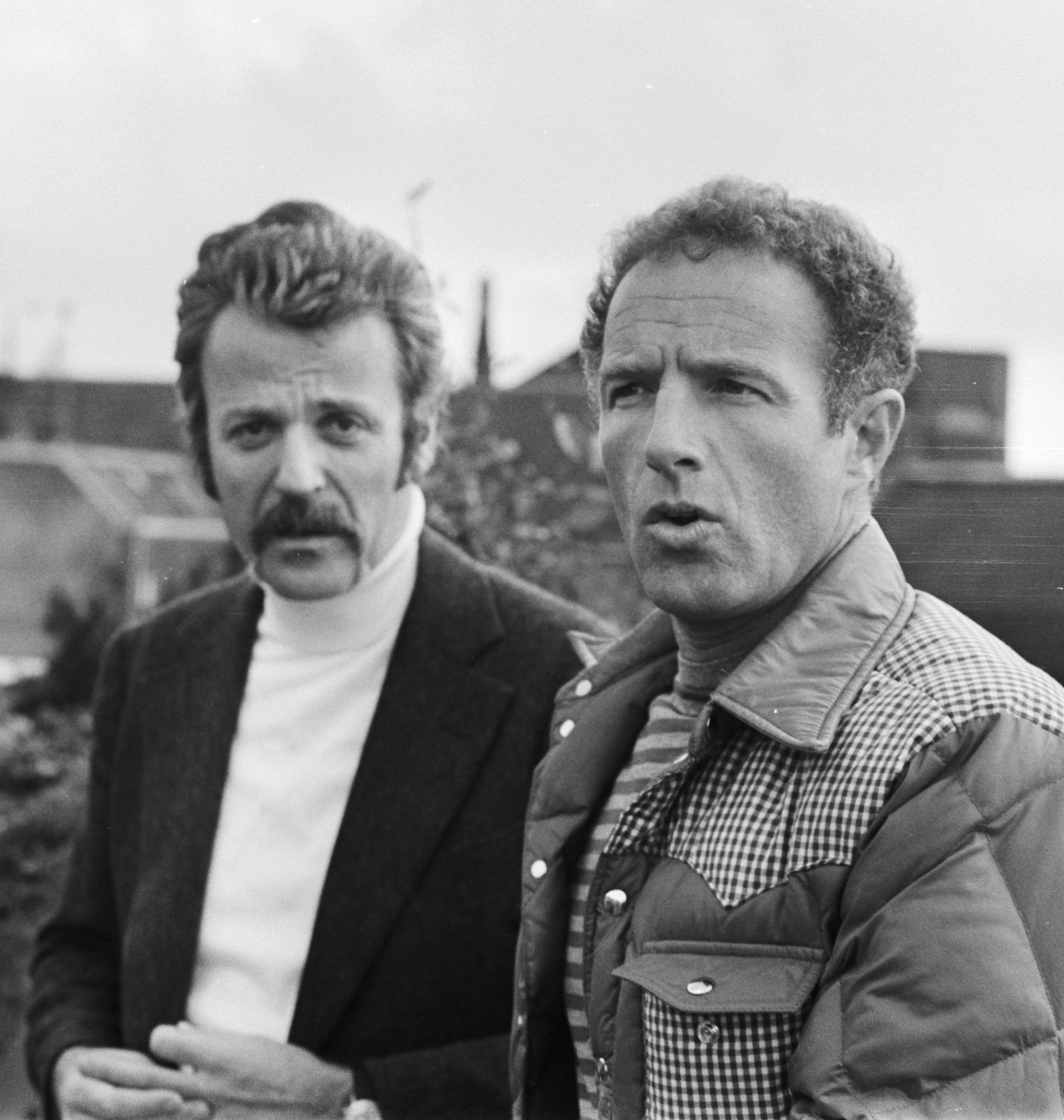|
Halfway Up The Tree
''Halfway Up the Tree'' is a comedy play about a British general who pretends to be a hippie. accessed 15 June 2013 It was originally a stage vehicle for . The play was profiled in the William Goldman
William Goldman (August 12, 1931 – November 16, 2018) was an American novelist, playwright, and screenwriter. He first came to prominence in the 1950s as a novelist before turning to screenwriting. He won Academy Awards for his screenplays '' ... book '' [...More Info...] [...Related Items...] OR: [Wikipedia] [Google] [Baidu] |
Peter Ustinov
Sir Peter Alexander Ustinov (born Peter Alexander Freiherr von Ustinov ; 16 April 192128 March 2004) was a British actor, filmmaker and writer. An internationally known raconteur, he was a fixture on television talk shows and lecture circuits for much of his career. An intellectual and diplomat, he held various academic posts and served as a goodwill ambassador for UNICEF and president of the World Federalist Movement. Ustinov was the winner of numerous awards during his life, including two Academy Awards for Best Supporting Actor, Emmy Awards, Golden Globes, and BAFTA Awards for acting, and a Grammy Award for best recording for children, as well as the recipient of governmental honours from, amongst others, the United Kingdom, France, and Germany. He also displayed a unique cultural versatility which frequently earned him the accolade of a Renaissance man. Miklós Rózsa, composer of the music for ''Quo Vadis'' and of numerous concert works, dedicated his String Quartet No. 1 ... [...More Info...] [...Related Items...] OR: [Wikipedia] [Google] [Baidu] |
Robert Morley
Robert Adolph Wilton Morley, CBE (26 May 1908 – 3 June 1992) was an English actor who enjoyed a lengthy career in both Britain and the United States. He was frequently cast as a pompous English gentleman representing the Establishment, often in supporting roles. In 1939 he received an Academy Award nomination for Best Supporting Actor for his portrayal of King Louis XVI in ''Marie Antoinette''. In ''Movie Encyclopedia'', film critic Leonard Maltin describes Morley as "recognisable by his ungainly bulk, bushy eyebrows, thick lips and double chin, ... particularly effective when cast as a pompous windbag." Ephraim Katz in his ''International Film Encyclopaedia'' describes Morley as "a rotund, triple-chinned, delightful character player of the British and American stage and screen." In his autobiography, ''Responsible Gentleman'', Morley said his stage career started with managements valuing his appearance for playing "substantial gentleman" roles – as a doctor, lawyer, ac ... [...More Info...] [...Related Items...] OR: [Wikipedia] [Google] [Baidu] |
William Goldman
William Goldman (August 12, 1931 – November 16, 2018) was an American novelist, playwright, and screenwriter. He first came to prominence in the 1950s as a novelist before turning to screenwriting. He won Academy Awards for his screenplays ''Butch Cassidy and the Sundance Kid'' (1969) and ''All the President's Men'' (1976). His other well-known works include his thriller novel '' Marathon Man'' (1974) and his cult classic comedy/fantasy novel ''The Princess Bride'' (1973), both of which he also adapted for film versions. Early life Goldman was born into a Jewish family in Chicago in 1931 and grew up in the Chicago suburb of Highland Park, Illinois, the second son of Marion (née Weil) and Maurice Clarence Goldman. Goldman's father initially was a successful businessman, working in Chicago and in a partnership, but he suffered from alcoholism, which cost him his business. He "came home to live and he was in his pajamas for the last five years of his life," according to Goldman ... [...More Info...] [...Related Items...] OR: [Wikipedia] [Google] [Baidu] |
A Candid Look At Broadway
A, or a, is the first letter and the first vowel of the Latin alphabet, used in the modern English alphabet, the alphabets of other western European languages and others worldwide. Its name in English is ''a'' (pronounced ), plural ''aes''. It is similar in shape to the Ancient Greek letter alpha, from which it derives. The uppercase version consists of the two slanting sides of a triangle, crossed in the middle by a horizontal bar. The lowercase version can be written in two forms: the double-storey a and single-storey ɑ. The latter is commonly used in handwriting and fonts based on it, especially fonts intended to be read by children, and is also found in italic type. In English grammar, " a", and its variant " an", are indefinite articles. History The earliest certain ancestor of "A" is aleph (also written 'aleph), the first letter of the Phoenician alphabet, which consisted entirely of consonants (for that reason, it is also called an abjad to distinguish it fro ... [...More Info...] [...Related Items...] OR: [Wikipedia] [Google] [Baidu] |


